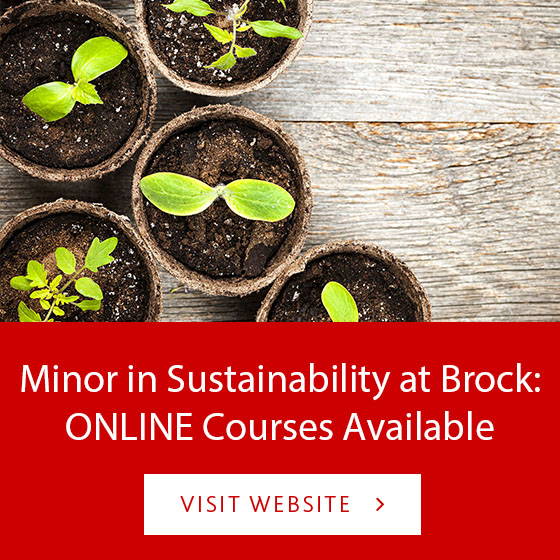The next instalment in our series of blog posts about the co-op experiences of Sustainability Science & Society (SSAS) students, we hear from Nicholas Fischer, who will soon be graduating with his Master in Sustainability degree. Last summer, Nich worked for the Ontario Ministry of Transportation (MTO) in the Environmental Policy Office.
Blog Contributor: Nicholas Fischer

In my role as an Assistant Policy Analyst at MTO, I provided support to the Senior Policy Analysts on a variety of projects related to transportation infrastructure and landscape remediation. My principle assignment involved generating a policy brief and supporting house notes to various members of senior management. These briefing materials were the product of background research and communication with various provincial ministries and governing bodies, outlining the impacts which changes to the Environmental Assessment Act of Canada would have on provincial infrastructure delivery and environmental assessments.
Outside of this project, I supported staff with additional projects and policy amendments, including: pollinator health in provincial right-of-ways, provincial waste management, endangered species protection and best management practices, and biodiversity strategies used across Ontario’s provincial ministries.
The most interesting project I worked on was developing policy solutions for environmental assessment procedures for Ontario. During the time I was with the MTO, the Federal Government of Canada was undergoing a review of federal environmental assessment legislation which would ultimately impact how infrastructure delivery took place at a federal and provincial level. My project focused on identifying the impacts these legislative changes would have for the Ontario provincial government and identifying avenues of possible policy reform to ensure that infrastructure development and design in the province could continue in a sustainable manner, fitting within the new regulatory framework proposed at the federal level.
My co-op experience has definitely helped to solidify the idea that I would like to focus my career experiences in the realm of environmental policy. Prior to this experience, I was unsure of working in the policy sector, however working with the MTO has shown me that without policy development and analysis, no real environmental change can take place on a regional or provincial level. Policy creates the avenues for change within a government and within local populations, and without policy avenues, it is difficult to affect real change for the betterment of our shared natural environment.
I would like to thank the entire Environmental Planning Office for allowing me a breadth of experience on a variety of projects which showed me exactly how the province upholds environmental protection and sustainability within an infrastructure-based ministry. Additionally, I would like to thank Melissa Beamer of the Brock Co-op Office for working continuously with the SSAS students to ensure we found appropriate, challenging and rewarding co-op experiences.
The ESRC’s SSAS program offers students the option of completing either a major research project and a co-op experience, or a longer research project that culminates in a thesis. Undertaking a co-op provides students with firsthand experience of how important knowledge of sustainability is in creating policy, guiding business development and ultimately helping the community. Graduating students frequently cite their co-op experience as being influential in guiding their future career plans. To find out more about the SSAS program, visit brocku.ca/ssas.

















